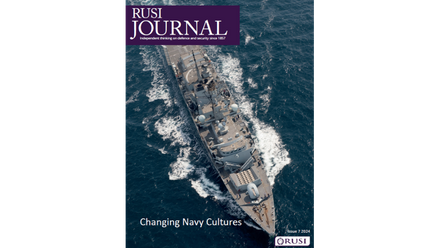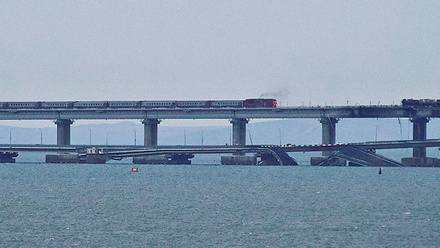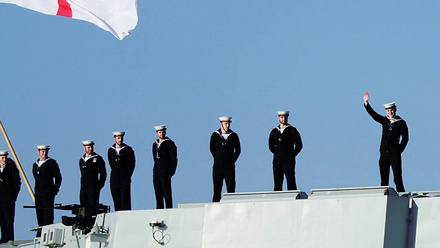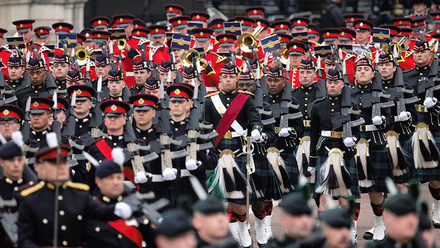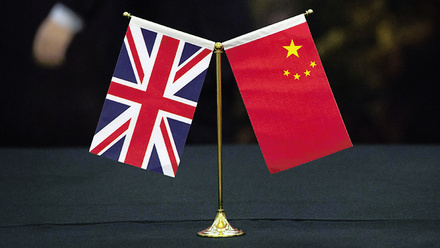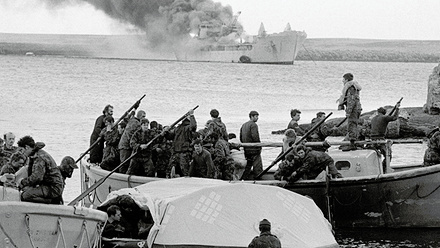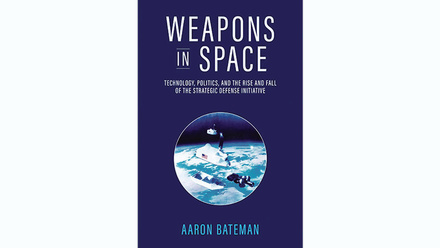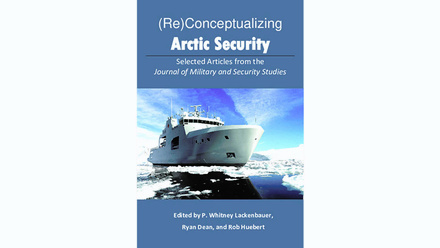Editor's Note
2024 was a tumultuous year: its legacy is one of even more unresolved conflicts and dynamics than it opened with. The overthrow of Bashar Al-Assad in Syria in December was only the last of a long line of more or less unexpected turns that dominated the international arena. Yet the long-term trends that have characterised the past few years remain: increased tension among the US, Russia and China; competition for the information space; ongoing violent conflict and jostling for influence in the Middle East; heightened needs of maritime security; democratic backsliding (with the unexpected coup attempt in South Korea a painful reminder of past experiences); and the ongoing challenges of new technologies and climate change, to name a few. Therefore, the dual question remains of how to mitigate and resolve tensions, at the same time being prepared to face potential escalation while adjusting to new physical, technological, political and even cognitive contexts.
Given such pressing challenges, how can NATO and Western allies meet today’s demands while preparing for the future?
Alexander Sollfrank and Sergei Boeke discuss how Ukraine has illuminated the need for NATO to boost its logistics capabilities, if it is to successfully carry out military operations in the coming years. Andrew Livsey explores another fundamental dimension to military success by looking at the evolution of the culture of the Royal Navy, and assesses which elements would need to remain and which to evolve to ensure it remains a capable and fitting force. Patrick Bury, in turn, delves into a debate that has recently come back to the fore in many western countries: the return of conscription. He looks at societal attitudes in the UK in light of recruitment difficulties, and argues that future needs may be best served by selective national conscription. And Tristan Yip assesses the successes and failures of foreign registration schemes to counter foreign influence and draws useful lessons for when a similar approach is to be implemented in the UK.
Finally, this issue closes with a first-hand account of one of the more controversial episodes of the Falklands War, the sinking of the Royal Fleet Auxiliary ship Sir Galahad. Based on their diaries and recollections of what they experienced at the time, J H A Thompson, M C Clapp, E S J Larken, D R Chaundler, I J Hellberg and S E Southby-Tailyour share their version of the events that led to the loss of 32 Welsh Guardsmen, 11 other soldiers and five members of the crew, and injured 100 others on 8 June 1982. It is a sobering account of the very real human impact of war.
Dr Emma De Angelis
Editor, RUSI Journal

